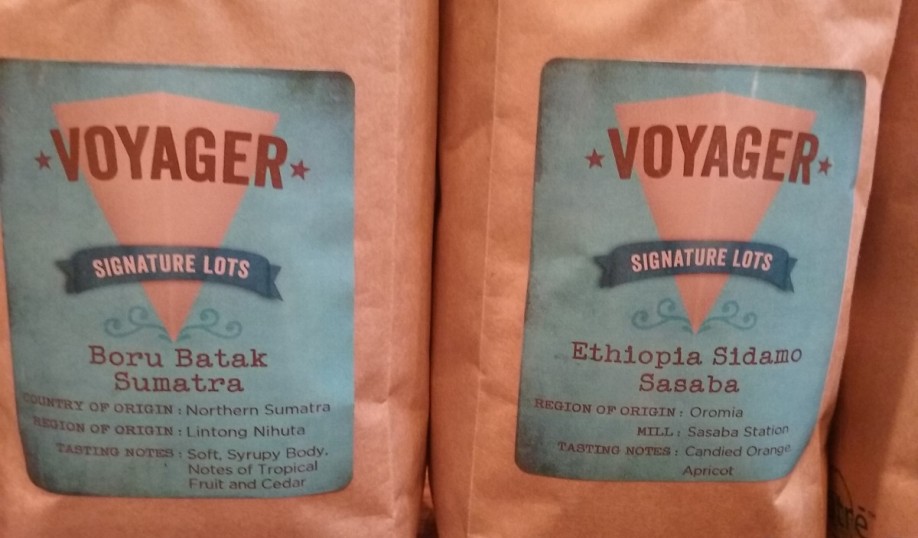Photo by Annie. Words by Bach.
You can thank coffee for electricity, existentialism, the FDA, the Enlightenment, and Beethoven’s 5th. That may be a stretch, but Benjamin Franklin, Søren Kierkegaard, Teddy Roosevelt, Voltaire and Beethoven are just a few of the noted thinkers who drank inordinate amounts of coffee. Bach wrote The Coffee Cantata in 1732 to defend the Vienna coffeehouse scene (Pendergrast 1999:11), Maragaret Atwood helped create a coffee with The Smithsonian and coffee allegedly killed Balzac.
Mark Pendergrast, the author of Uncommon Grounds: The History of Coffee and How it Transformed Our World points out “One of the ironies about coffee is it makes people think. It sort of creates egalitarian places—coffeehouses where people can come together—and so the French Revolution and the American Revolution were planned in coffeehouses” while being interviewed on NPR’s “Morning Edition.” In his book he writes that the cafés “provided an intellectual stew” and allowed men and women to exchange ideas without impropriety (9). In Uncommon Grounds and during the interview he asserts that cafés made a major impact on the rise of business, progressed literature and newspapers and sobered up Western Civilization.
I believe the superfluous amount of coffee shops today may be in response to our vanishing sense of community and time for free thought in the digital age. I love Jay Oldenburg’s piece “Our Vanishing “Third Places.” One of his many valid arguments is that “Third places are ‘sorting’ areas. While third places serve to promote the habit of association generally, they are also the places in which those with special interests find one another. In third places, amateur musicians, shooting enthusiasts, poetry lovers, fishermen, scuba divers, etc., get introduced and find local outlets for their interests. Here is provided the basis of whatever kind and degree of local culture will emerge. In the modern subdivision, “local” culture is provided by television.” (Oldenberg 1996)
I often think about his argument for the balancing “third place” (home and work being an imbalanced bipod) when opening my screen at a coffee shop. And while I think it is important to engage with other humans or the occasional piece of paper while working at a coffee shop, I also believe coffee shops provide a supervisory relationship for academics and artists. Coffee shops provide an audience to be productive for and a reminder of the world outside of your house and work that is worth producing for.
Plus, coffee offers hedonic and utilitarian motivation!


